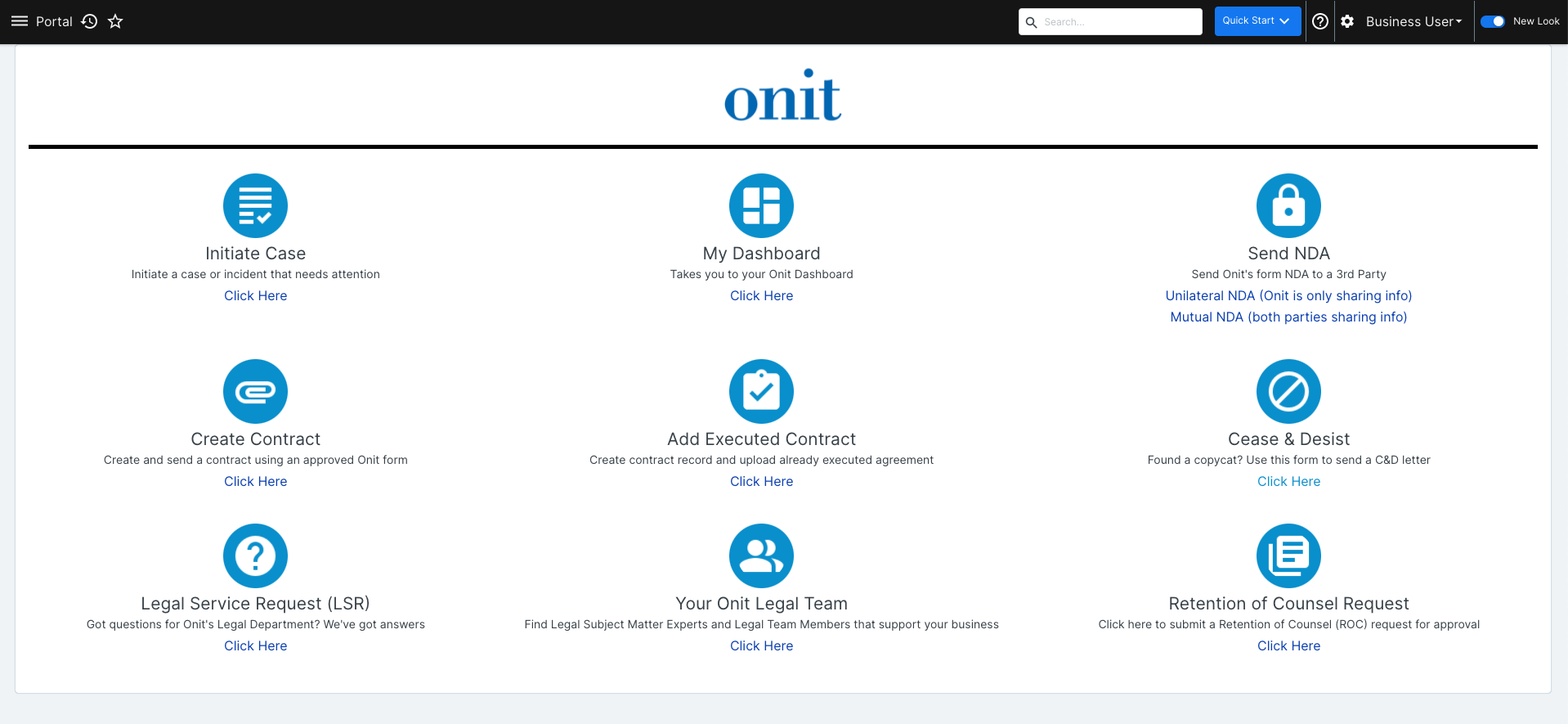
Podcasts have become the listening content of choice for many people worldwide, providing engaging audio on the way to work, during daily workouts or as part of a morning routine. Podcasts enable their listeners to gain new insights, expand their existing knowledge and keep track of trends in our fast-evolving world. Legal is no exception. Many exciting Legal Tech podcasts have emerged in recent years. However, finding the perfect series for you without listening to every episode can be tricky.
But don’t worry — we’ve got you covered! Our industry experts have compiled a list of leading legal operations podcasts to help you learn and stay up to speed on the latest legal tech, operations and innovation news and developments.
LEGAL TECH MADE SIMPLE, SYKE
Dom Burch, VP of marketing at SYKE, is neither a lawyer nor a tech expert, which makes him ideally qualified to make legal tech simple. Join him as he interviews expert legal engineers, software developers, and personnel in law firms and large corporations implementing legal tech. He aims to provide listeners with diverse views and opinions by speaking with thought leaders and innovators across the legal tech spectrum.
LISTEN NOW
LEGALTECH ARCADE, ROB MACADAM
Legaltech Arcade is a series of long-form interviews hosted by Rob MacAdam. The podcast focuses on tech-enabled legal service delivery and the people and products that make it happen through in-depth discussions with legal tech founders and senior industry leaders. Topics of discussion include legal platforms, no-code automation, digital transaction management, creating digitally driven law firms, professional services 2.0 and computational contracts. If you want to know more about what goes into setting up a legal tech start-up and gain insight into the latest industry developments, then be sure to check out this podcast.
LISTEN NOW
FRINGE LEGAL, ABHIJAT SARASWAT
Aimed at law firm leaders and influencers, each Fringe Legal episode is a thoughtful discussion with a diverse range of voices about ideas impacting the evolution of the legal profession. Along the way, listeners will learn about the challenges to overcome, what’s worked in the past, and expert tips on what could make a difference.
LISTEN NOW
LEGALTECH WEEK, BOB AMBROGI
LegalTech week presents a weekly round-up and review of legal technology and innovation news hosted by lawyer and journalist Bob Ambrogi, with commentary from a revolving panel of industry experts. It releases every Friday, all in 15 minutes or less.
LISTEN NOW
THE LEGAL OPS PODCAST, ALEX ROSENRAUCH AND ELLIOT LEIBU
The Legal Ops Podcast is about all things legal operations, legal business, and legal technology. The hosts are Alex Rosenrauch and Elliot Leibu, legal ops professionals with experience and passion for this subject and deep connections in the industry. Every episode covers a new aspect of transformation, operationalization, and technology implementation, overlaid with the human elements of change management and organizational psychology. If you’re interested in the changing nature of legal services delivery and want to be a part of it, this podcast is for you.
LISTEN NOW










